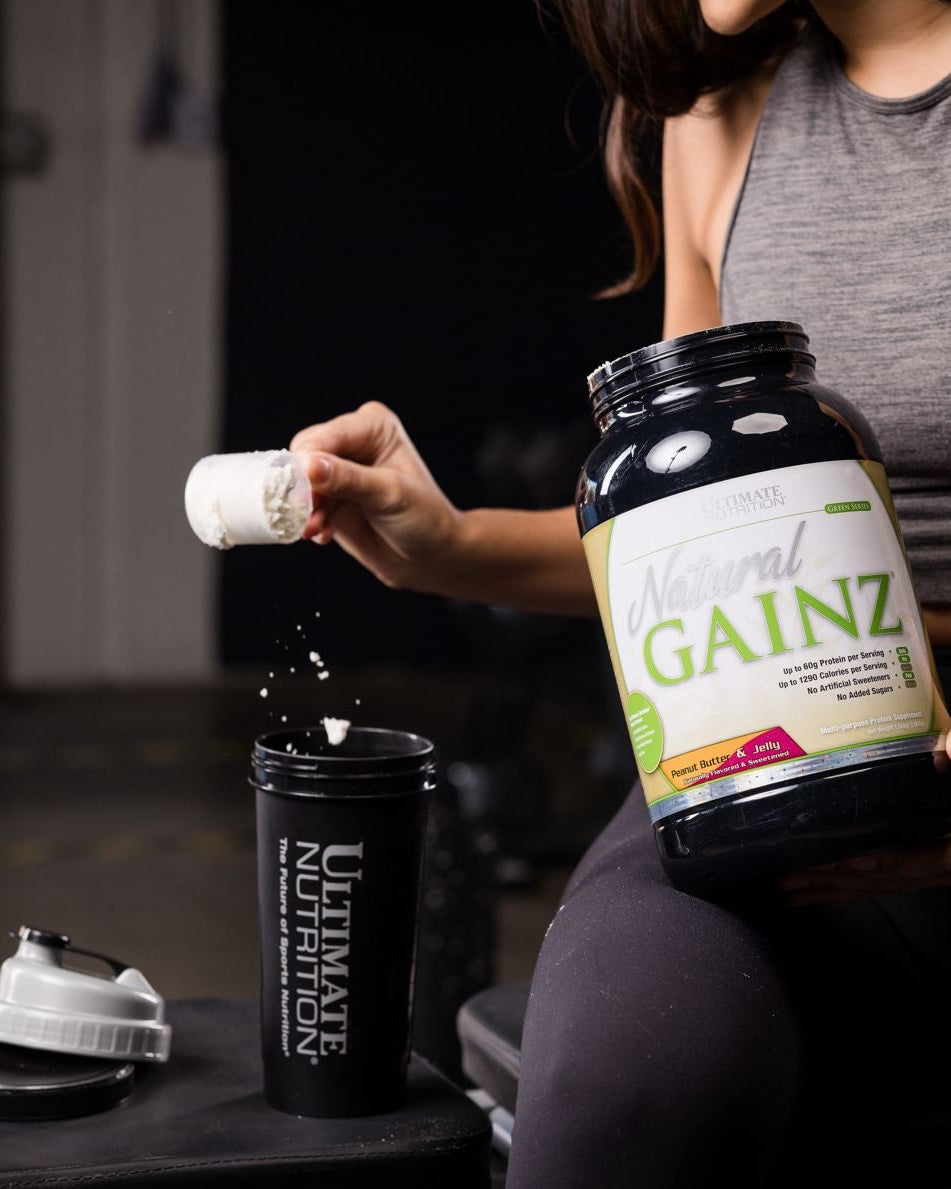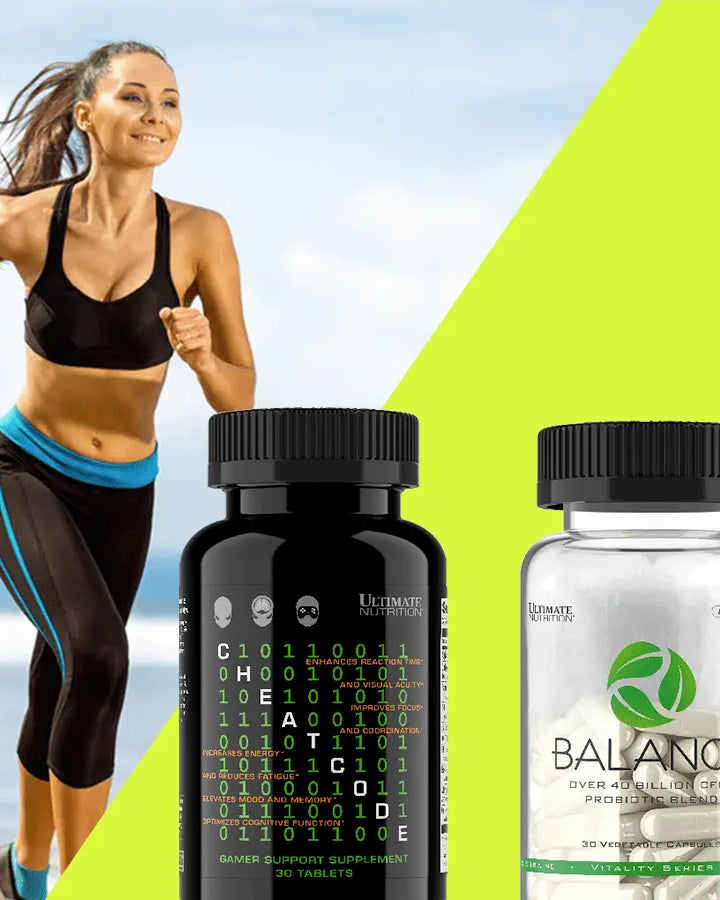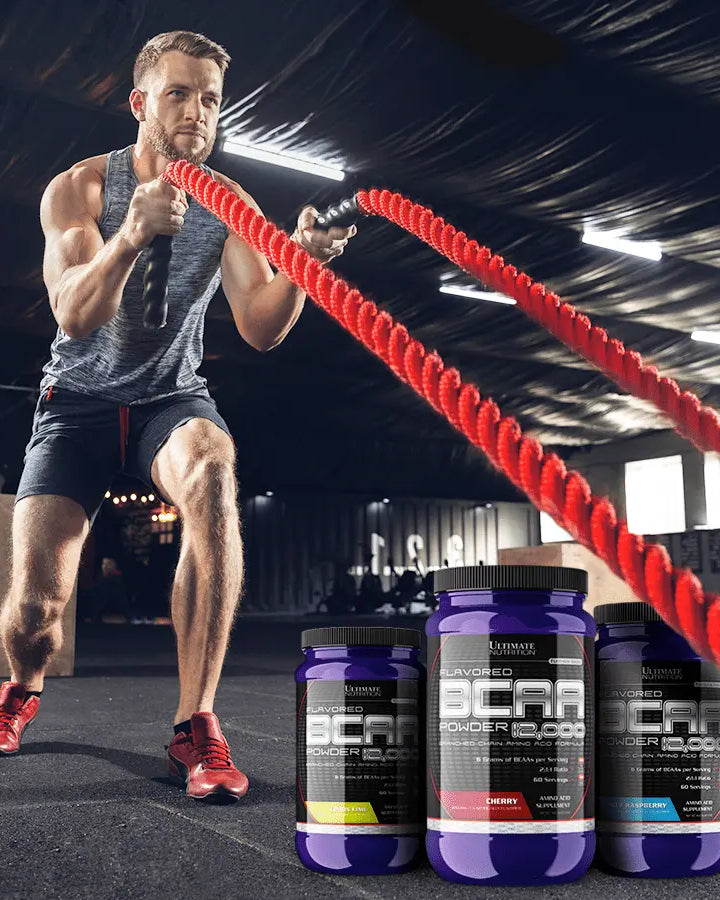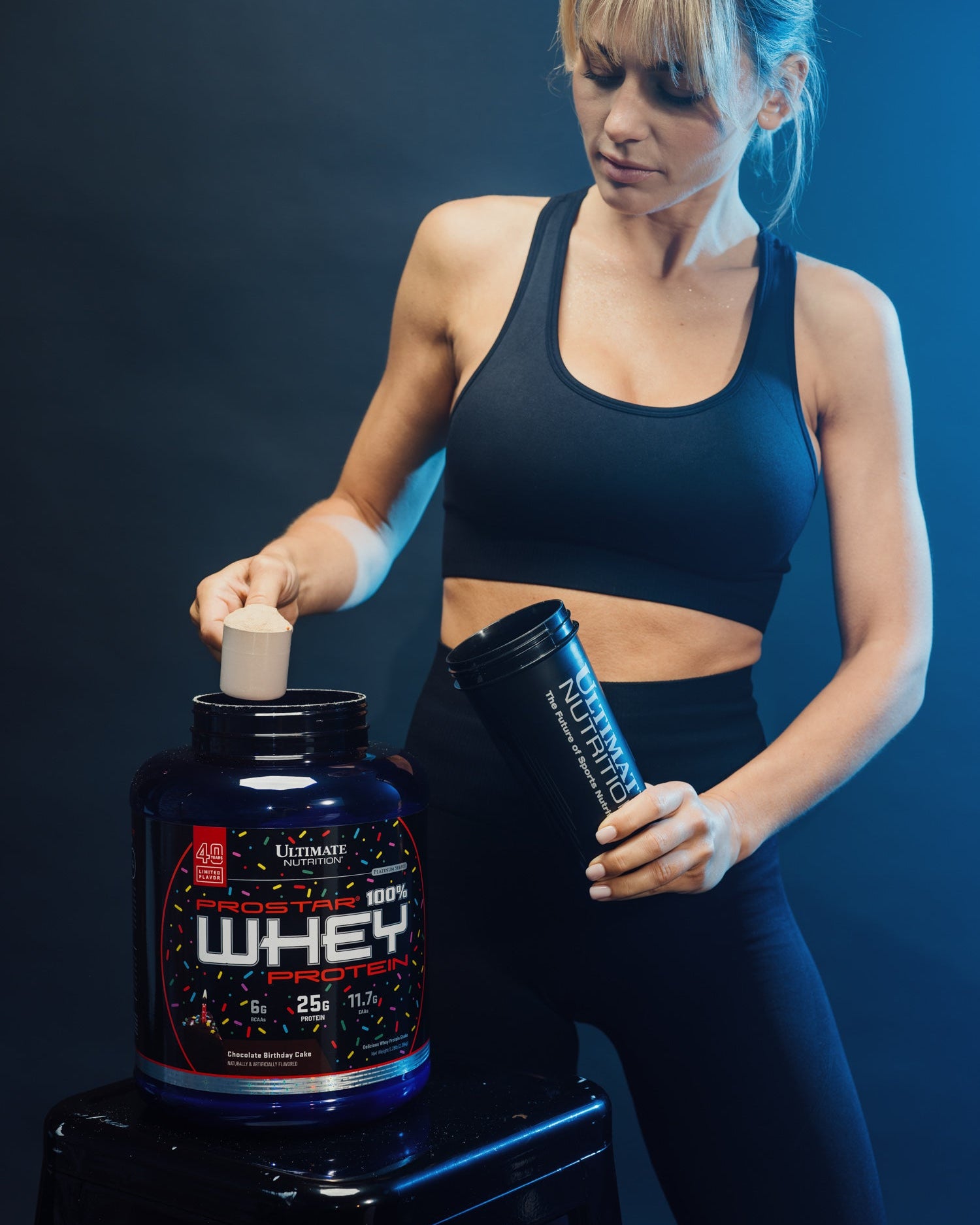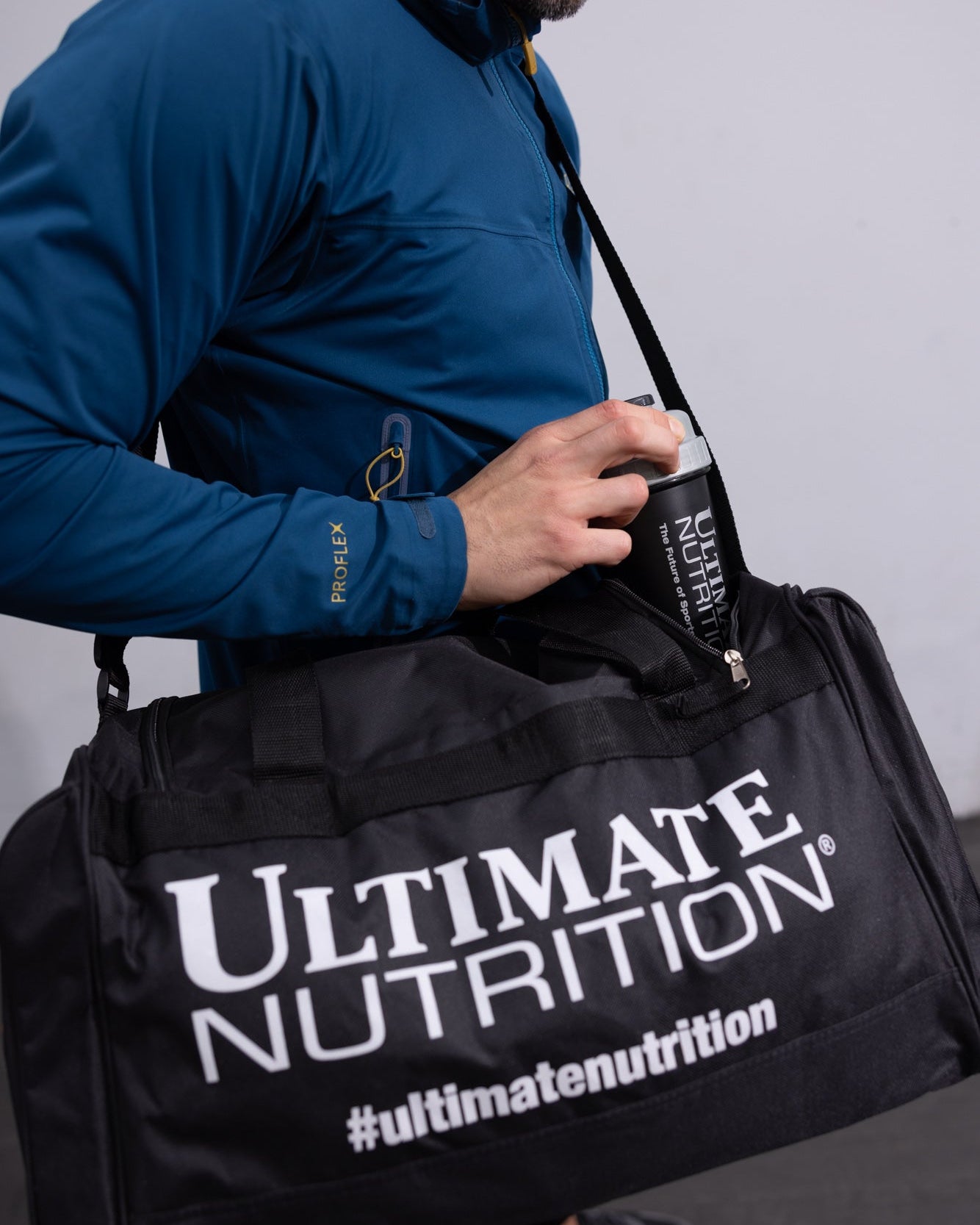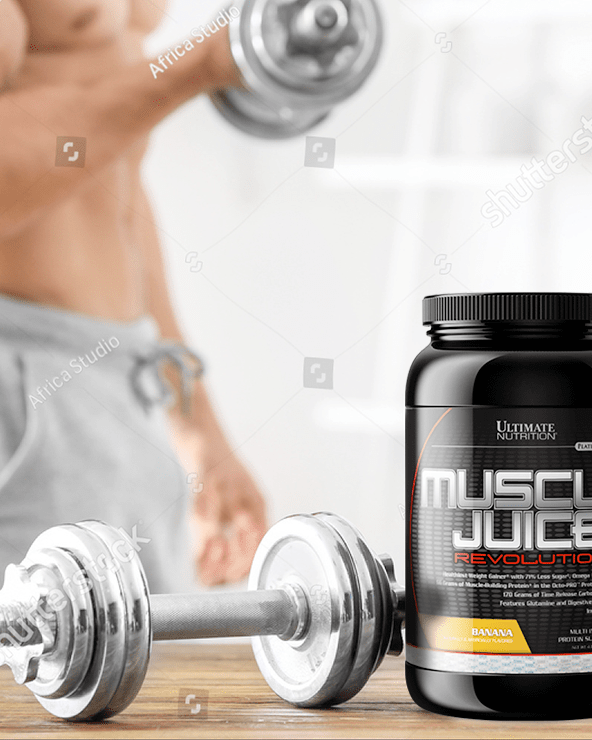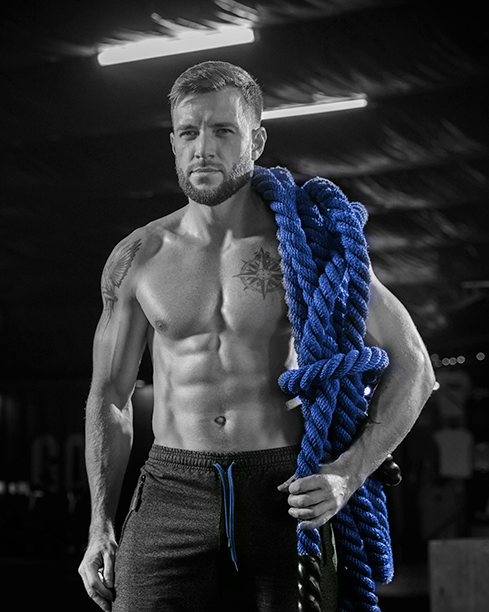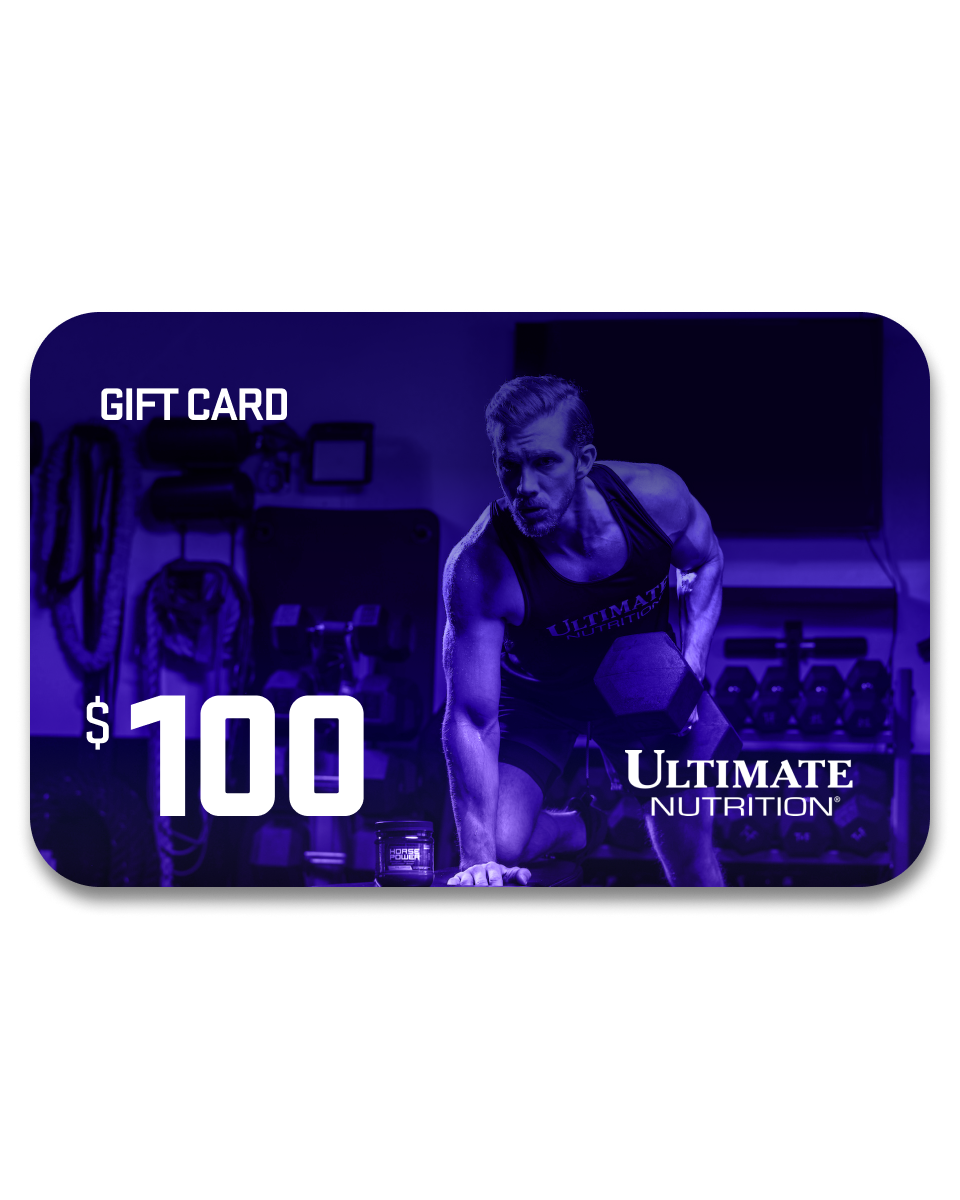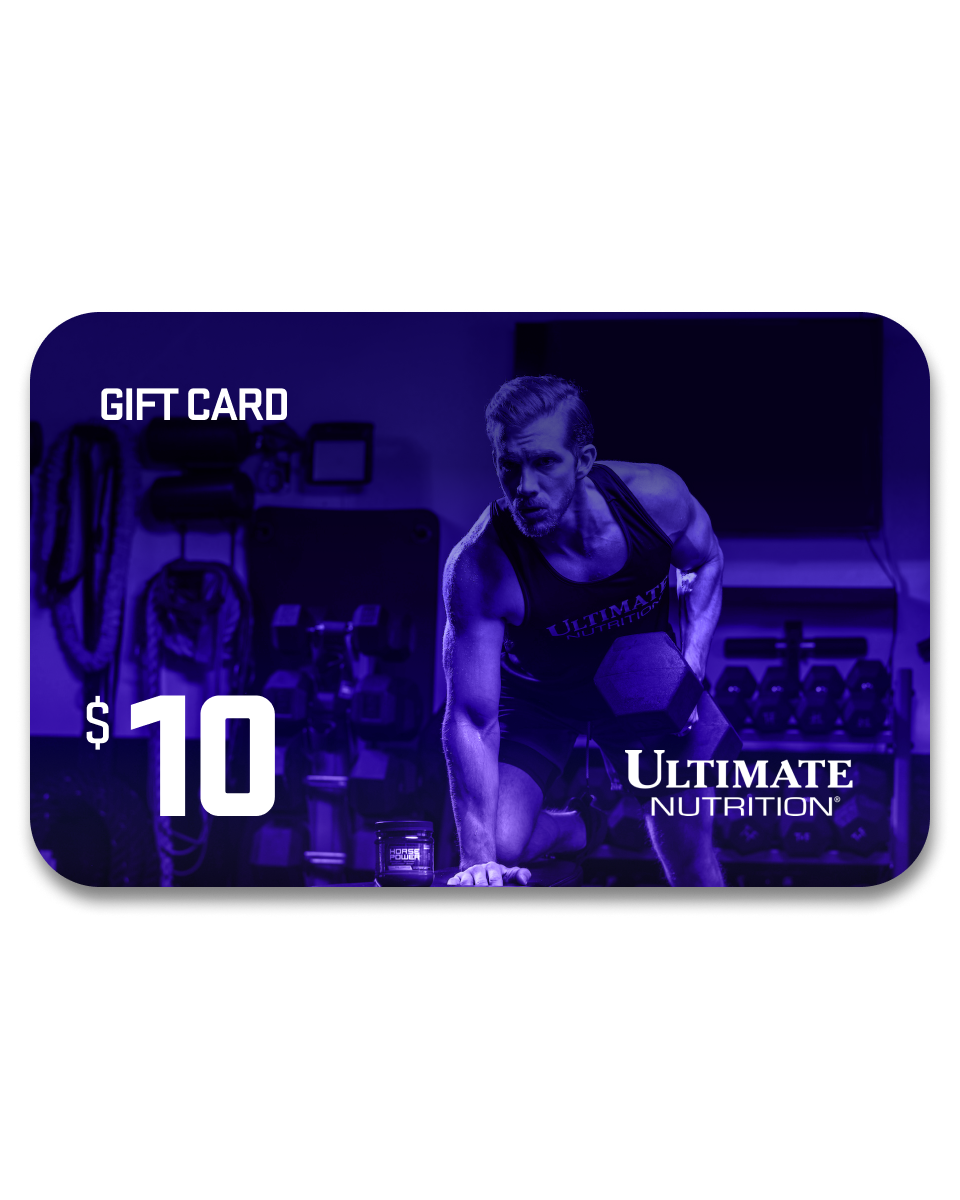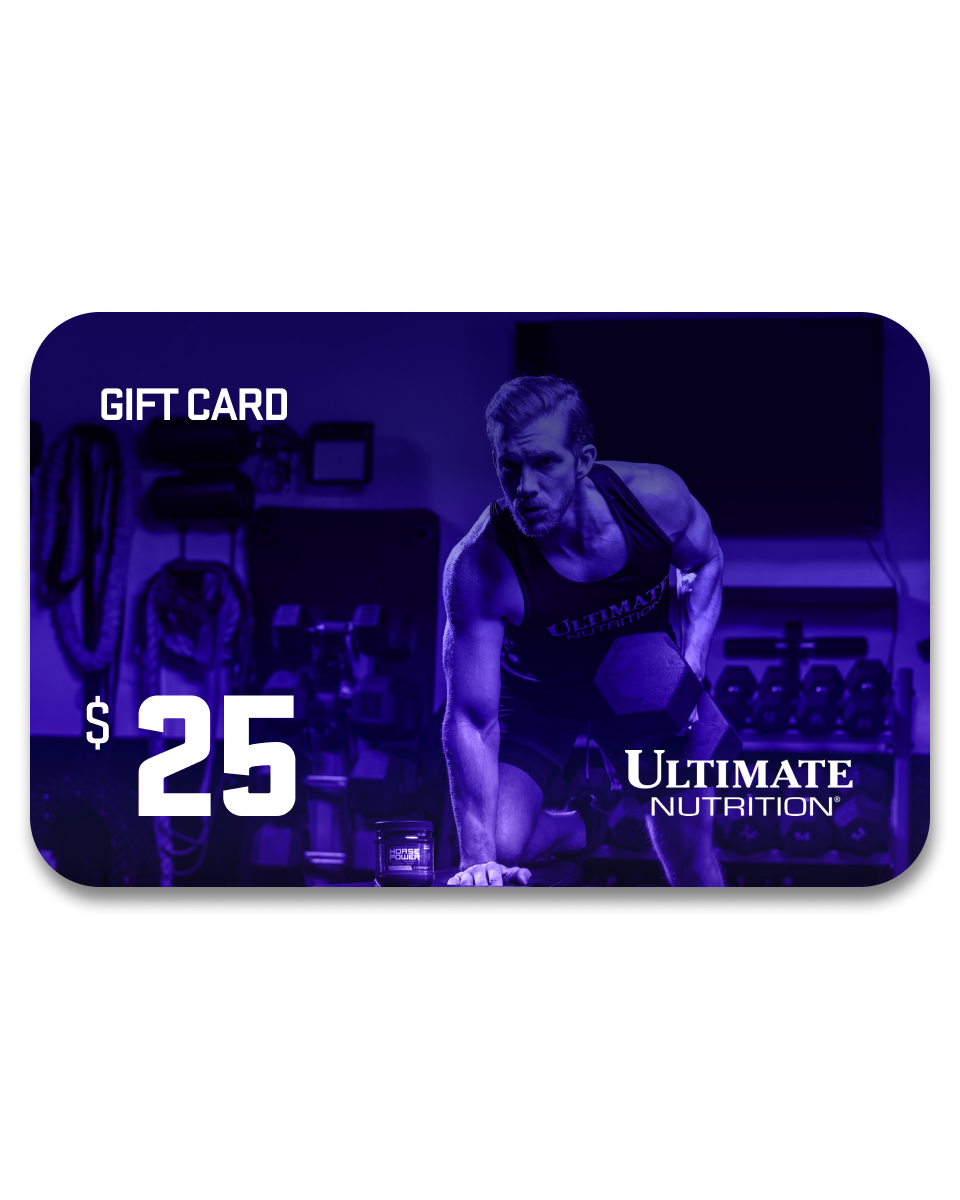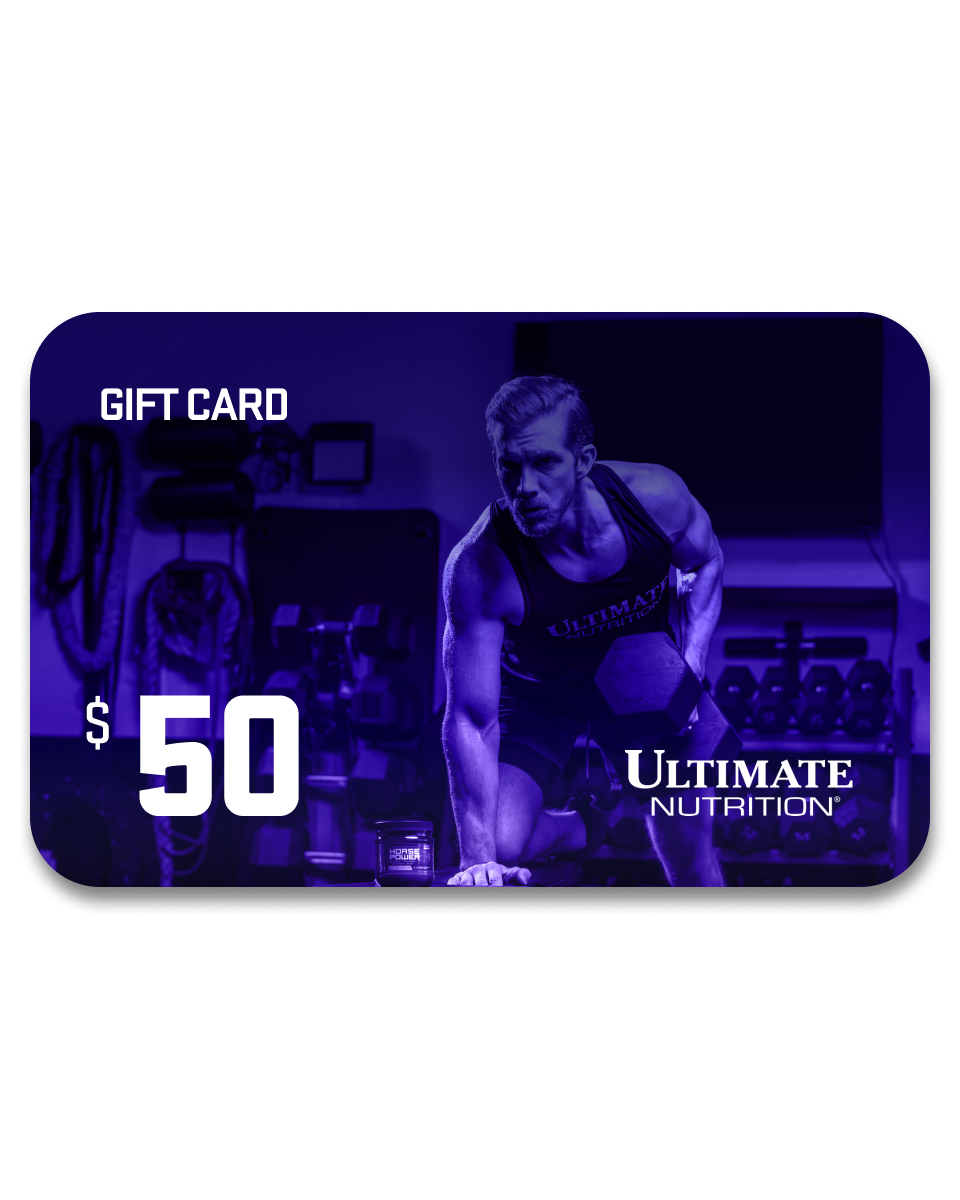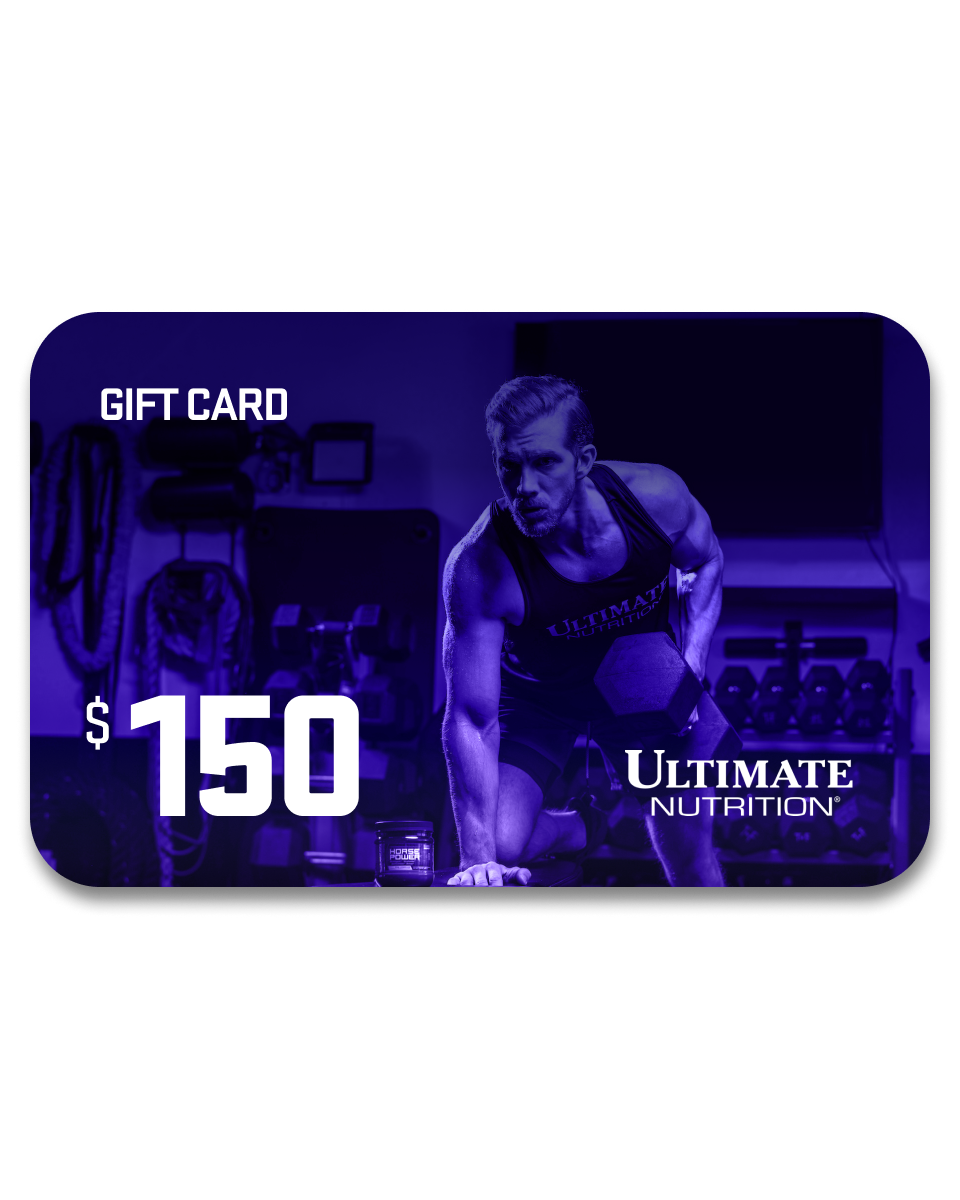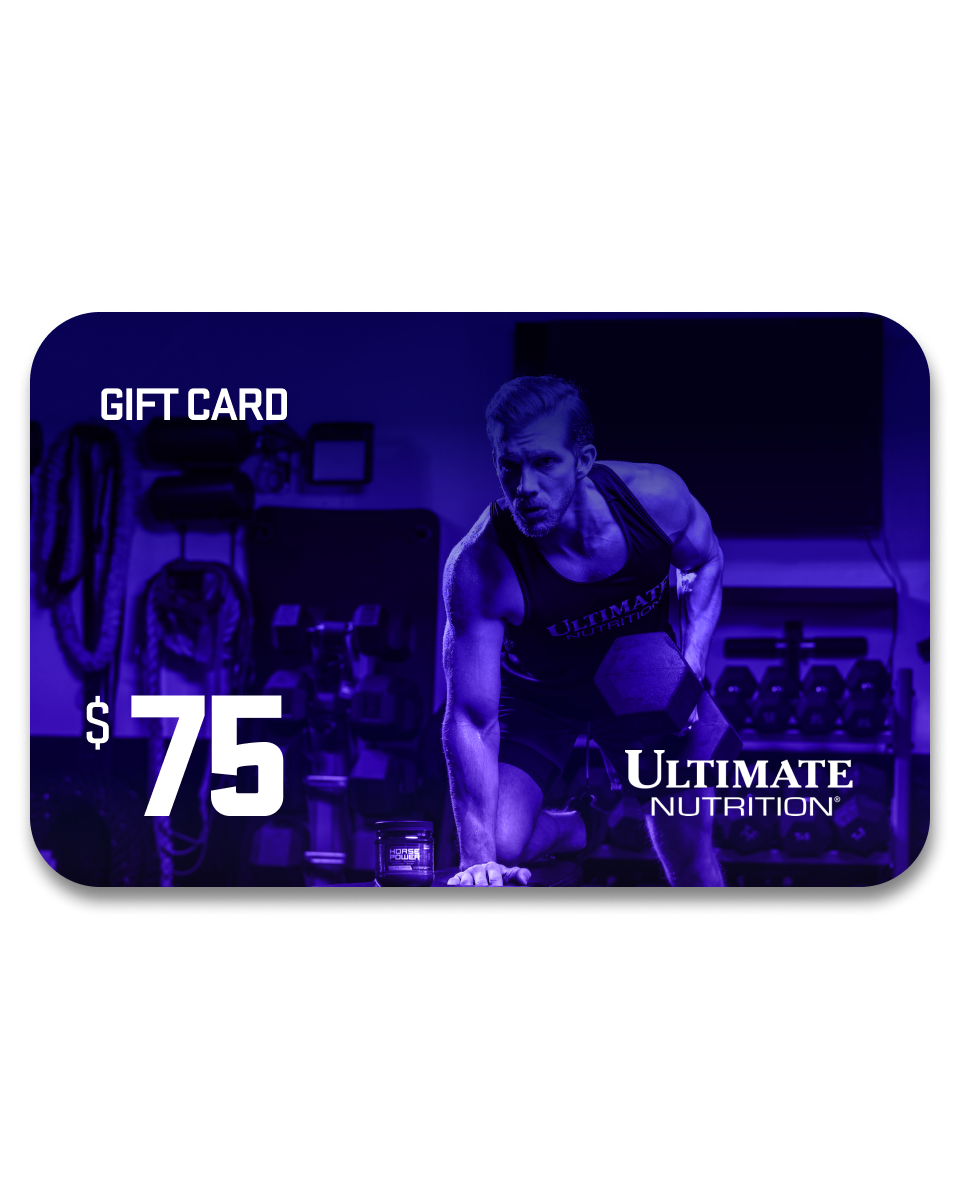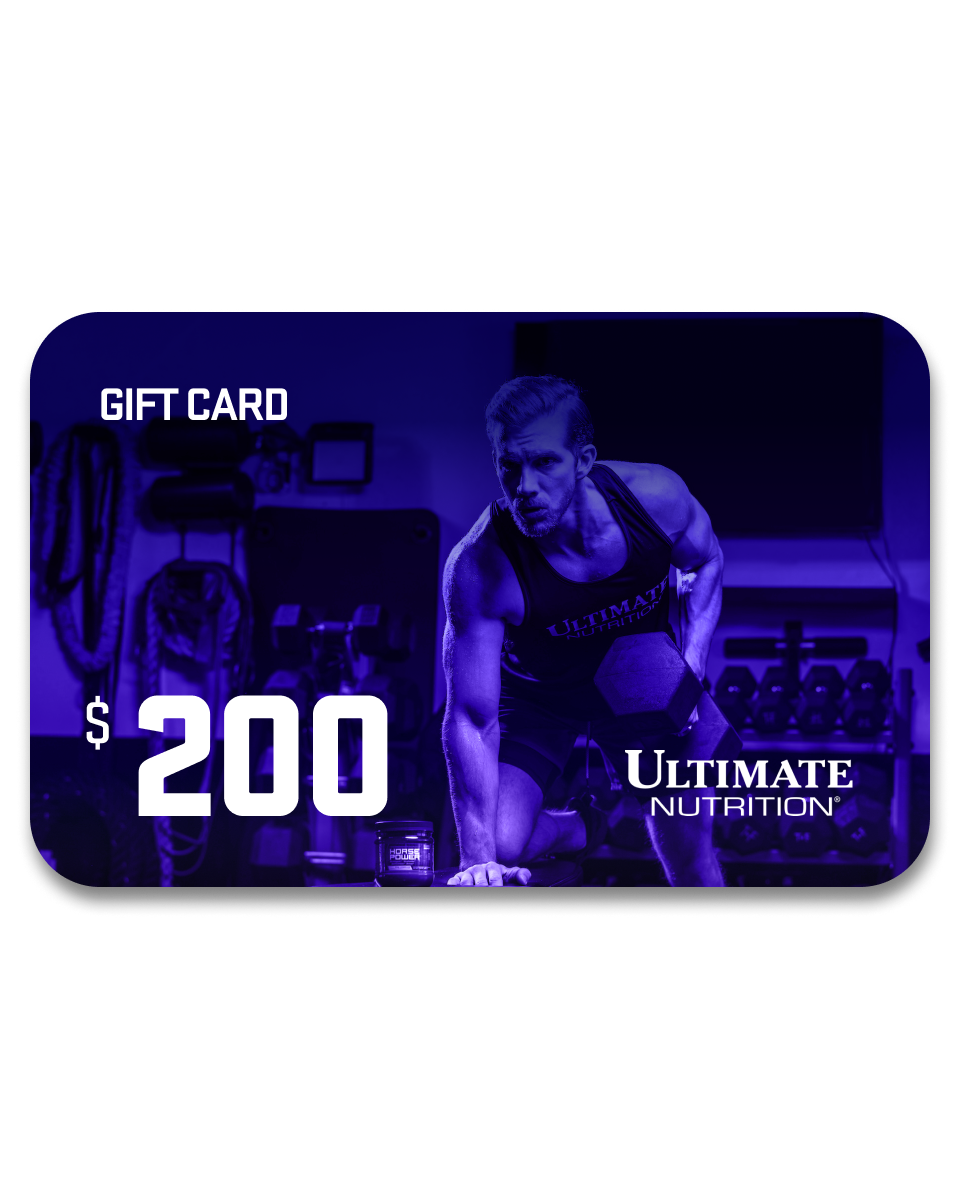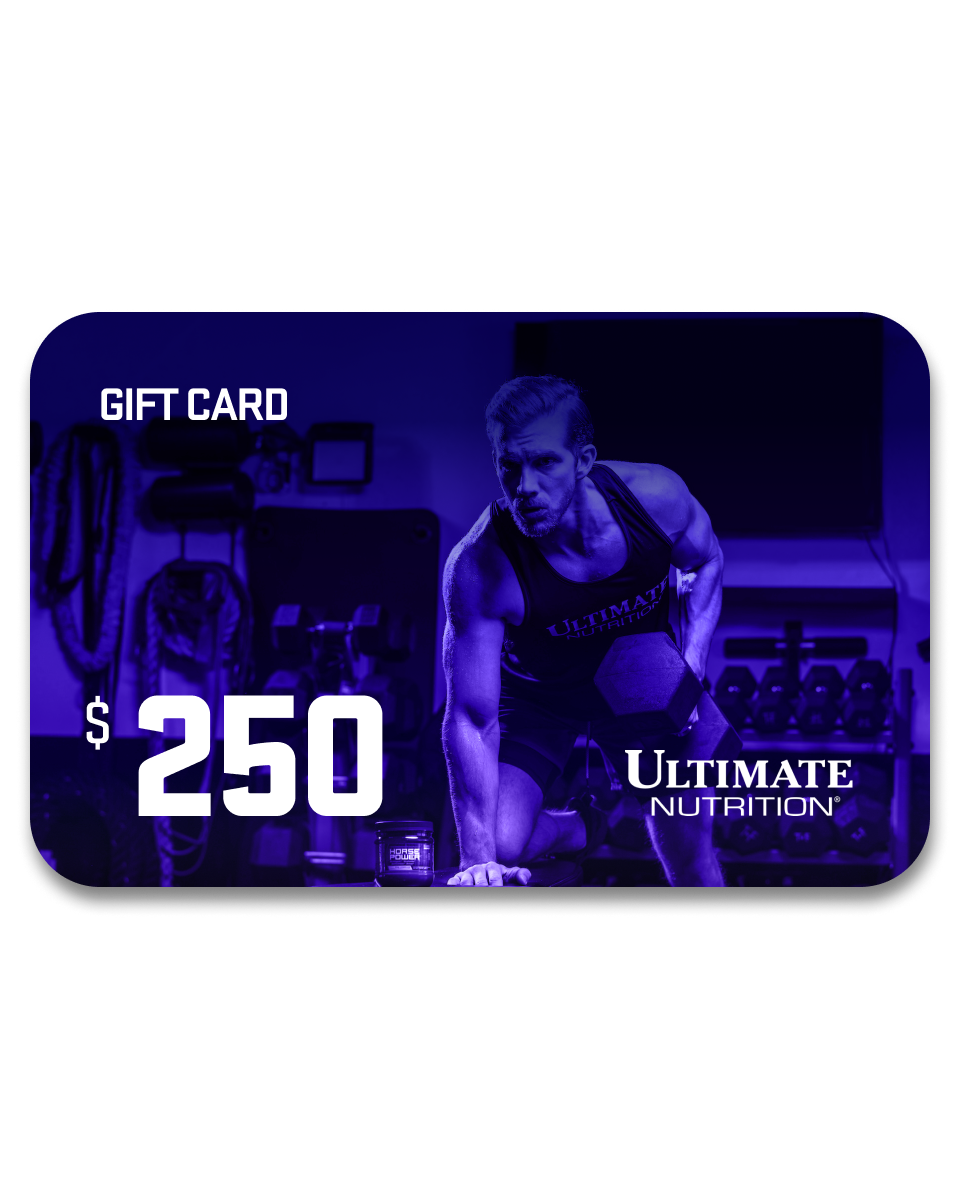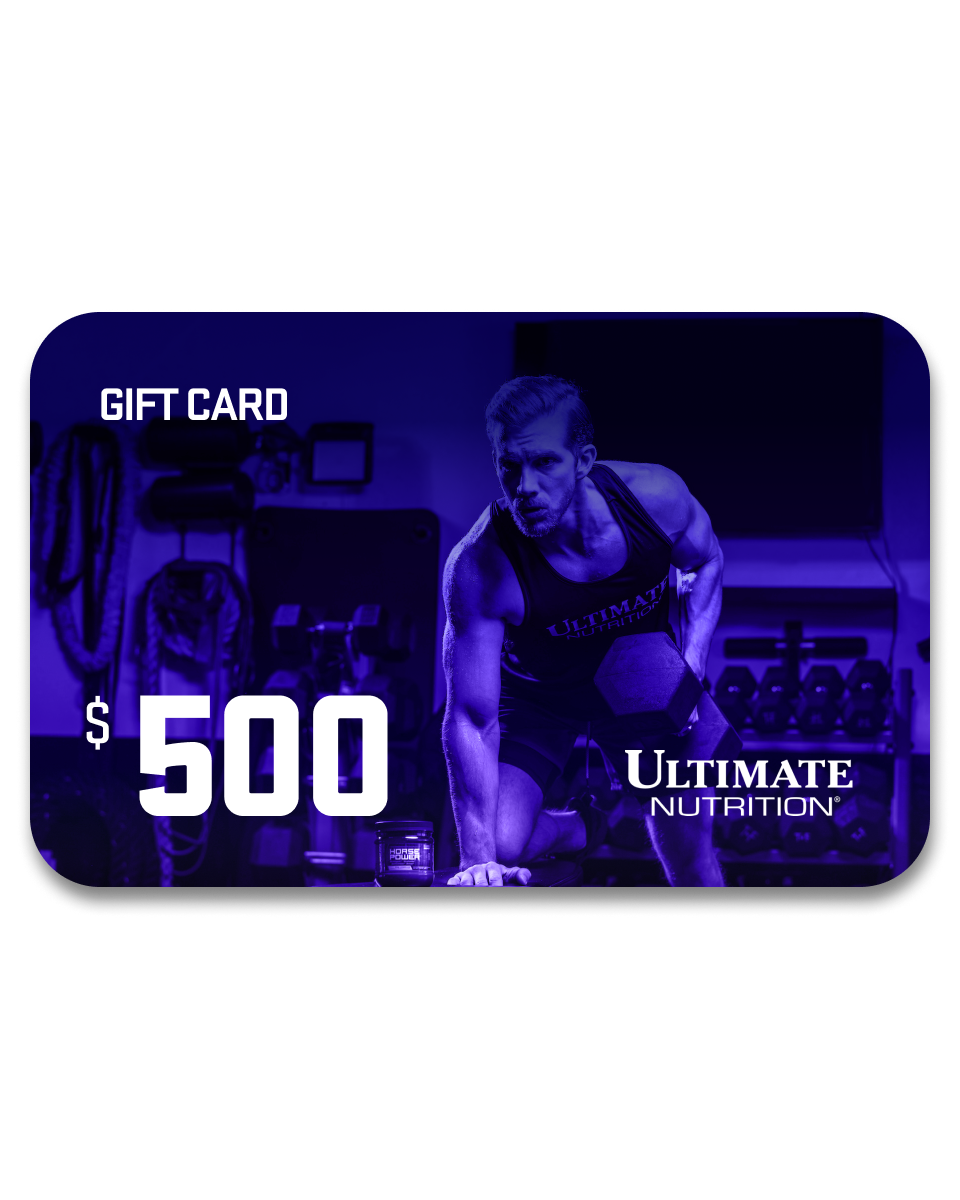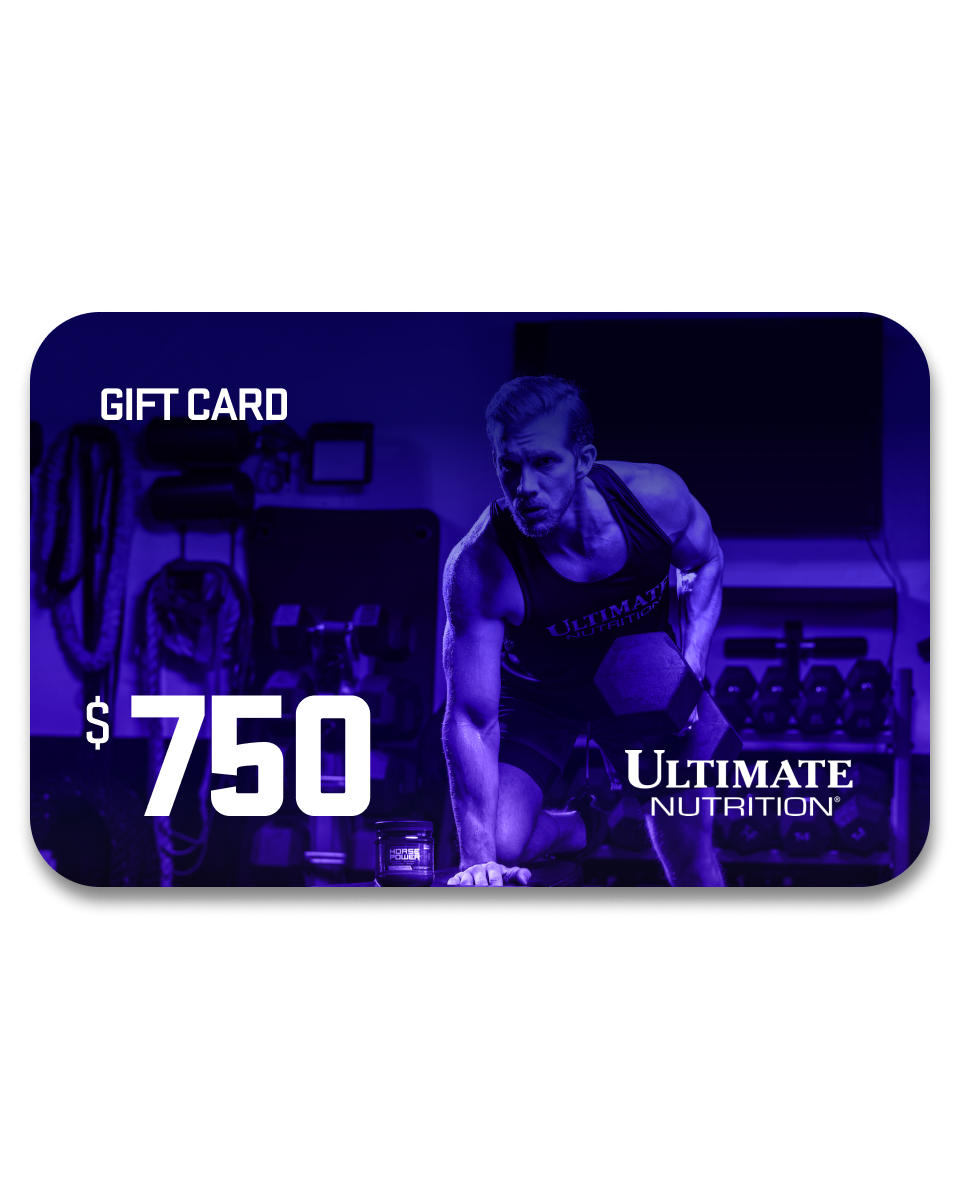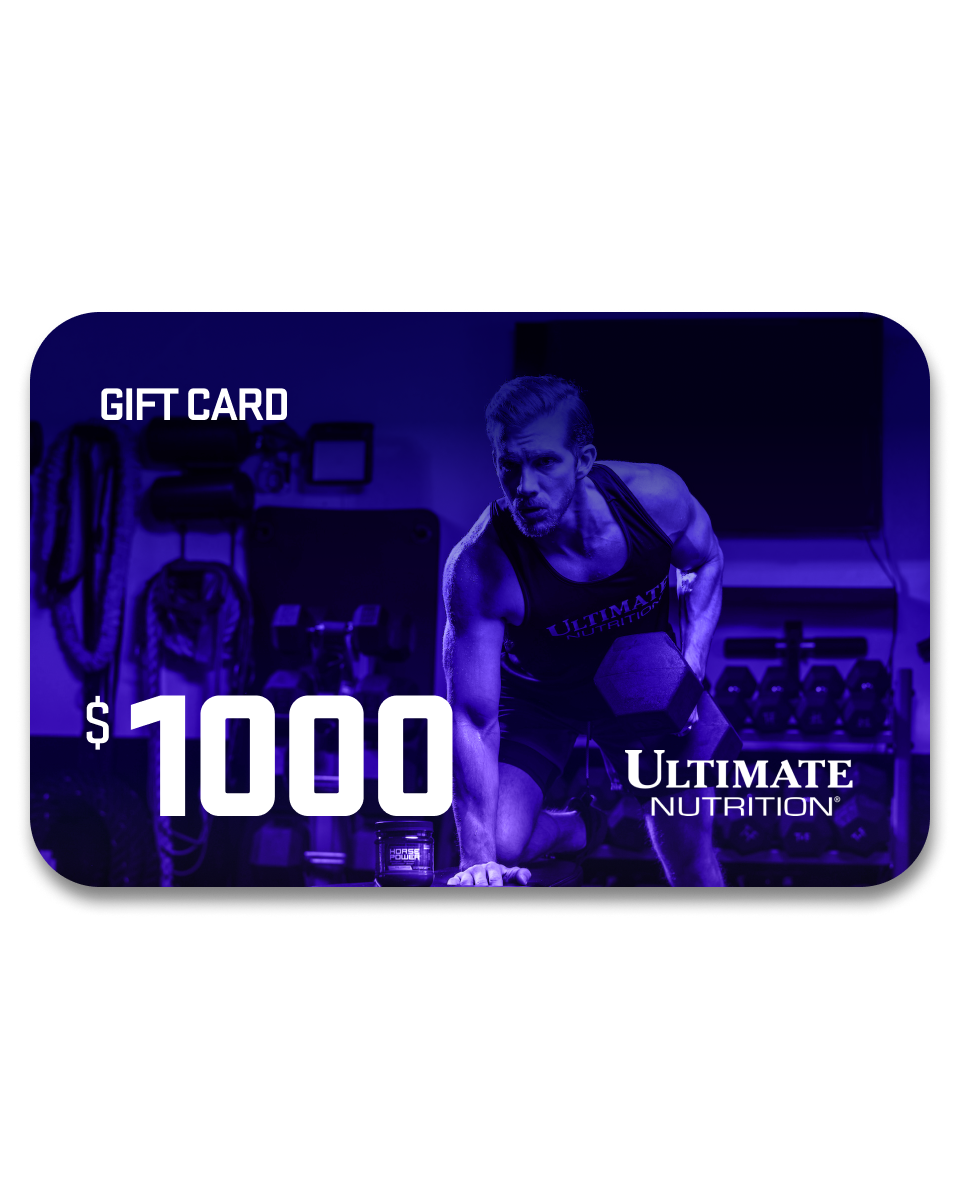When it comes to the best diets for athletes, the spotlight usually falls on macronutrients: proteins, carbs, and fats.
While micronutrients may not get the same hype, they're the silent workhorses behind every PR, every clean lift, and every second shaved off your mile time. If you're not dialed in with these, you could be leaving gains on the table.
Let's break down the science behind the vitamins and minerals that are the secret to better performance, endurance, and recovery.
Why Micronutrients Matter
Micronutrients are the vitamins and minerals your body needs in small amounts. They're critical for everything from red blood cell production to muscle function, energy, metabolism, and a strong immune system.
If you skip out on them, your exercise performance could take a hit. You may also experience muscle pain or even increase your risk of injury or illness.
Let’s start with the vitamins crucial for better energy and endurance.

Vitamins for Energy and Endurance
You can't power through intense workouts without the proper support system. That’s where these vitamins come in.
Vitamin B12
Vitamin B12 is one of the most crucial vitamins for energy and endurance, especially for athletes focused on power and speed. It helps form the red blood cells responsible for delivering oxygen to muscle cells during workouts. More oxygen means better stamina and energy output.
Low levels of B12 can lead to fatigue and poor endurance. Studies showed that B12 deficiency is more common in plant-based athletes or those who avoid dairy products, though anyone can benefit from proper supplementation.
Vitamin D
This fat-soluble vitamin helps regulate muscle function, supports bone health, and contributes to a stronger immune system. Vitamin D also assists with calcium absorption, which is crucial for muscle contractions and prevents cramping during intense workouts.
Pro Tip: Support bones and immunity with our high-quality Vitamin D supplement.
Now that we’ve covered the best vitamins for energy and endurance, let’s see which vitamins to include for recovery.
Minerals for Muscle Recovery
The grind doesn't end after your last rep. Rest and recovery days are when your body goes to work repairing damage and building muscle mass. These minerals are amazing for muscle recovery as they help reduce soreness, prevent cramping, and support tissue repair.
Magnesium
Magnesium plays a massive role in muscle function, protein synthesis, and reducing oxidative stress. It helps relax muscles post-workout, making it essential for preventing cramps and promoting faster recovery.
Athletes lose magnesium through sweat, so intense training can deplete your levels quickly.
Zinc
Zinc is a recovery MVP. It contributes to stronger immunity, healing wounds, and hormone production, especially testosterone, which helps build muscle mass. It also reduces inflammation, allowing your body to bounce back quicker between workouts.
Pro Tip: Dive deeper into Zinc supplementation with our pure, high-quality Zinc.
Speaking of healing, let’s explore the vitamins responsible for helping to reduce oxidative stress and inflammation.
Combatting Oxidative Stress and Inflammation
Training hard stresses your body, leading to higher levels of oxidative stress and inflammation. While somewhat necessary for muscle growth, these factors can sabotage your progress when left unchecked.
Below are vitamins and minerals that act as antioxidants, which help neutralize free radicals and promote recovery.
Vitamin C
Well-known for its immune-boosting powers, Vitamin C also helps reduce oxidative stress and aids in collagen production. This helps keep joints and tendons strong, especially during high-impact movements.
Pro Tip: Boost Vitamin C gains with high-quality Vitamin C from Ultimate Nutrition.
Vitamin E
This antioxidant-rich vitamin protects cell membranes from damage during training and helps reduce muscle soreness post-workout.
Pro Tip: Try our potent Vitamin E Complex with everything you need in an E vitamin.
Now, the moment you’ve been waiting for. Below are the best vitamins for muscle building.

Building Muscle Mass and Enhancing Performance
When you're chasing hypertrophy, every rep counts. That means optimizing the small things, like the vitamins and minerals that regulate protein metabolism, hormone production, and protein synthesis.
We’ve included these essential vitamins below.
Iron
Iron is vital for red blood cell production and oxygen delivery to tissues. Without it, you'll feel weak, tired, and struggle in the gym. It’s especially important for endurance athletes and women at higher risk of iron deficiency.
Calcium
Calcium isn't just for your bones. It also assists with muscle function by triggering muscle contractions. Low levels can lead to poor performance, slower reflexes, and higher injury risk.
Pro Tip: Strengthen bones with Calcium Plus.
Micronutrients + Macronutrients = Power Moves
Of course, micronutrients don't act in isolation. They work synergistically with macronutrients, especially protein. For example, specific vitamins and minerals help kickstart protein synthesis, helping your body convert the protein you eat into usable muscle tissue.
Pair that with a solid protein source, especially one that includes branched-chain amino acids, and you have a powerful combo for building strength, size, and stamina.
Fueling Up with Whole Foods and Smart Supplements
You can get many of these nutrients from a well-rounded diet. Focus on:
-
Fruits and vegetables – Packed with antioxidants, vitamins, and minerals
-
Dairy products – Excellent sources of calcium, Vitamin D, and B12
-
Lean meats and seafood – High in zinc, iron, and B vitamins
-
Whole grains, nuts, and seeds – Rich in magnesium, zinc, and Vitamin E
But if you're training hard, dieting, or have restrictions (like going vegan), hitting optimal levels with food alone can be challenging. That's where smart supplementation comes in.
Choose high-quality products with bioavailable vitamins and minerals (like those from Ultimate Nutrition) to fuel your grind and recovery.

Are There Side Effects to Watch Out For?
Yes. And it's crucial to get this right. Overloading certain micronutrients (especially fat-soluble ones like Vitamins A, D, E, and K) can cause side effects ranging from nausea to severe toxicity. That's why it's very important to follow dosage instructions and not assume more is better.
Bloodwork and consultation with a healthcare provider or sports nutritionist can help dial in exactly what you need for your training style and body type.
Long-Term Gains Start with the Small Stuff
Your body is your machine. Like any high-performance engine, it needs premium fuel and maintenance. Staying on top of the essential micronutrients for athletes isn't just about short-term performance, it's a long-term investment in your health.
Incorporate the right vitamins for energy and endurance and minerals for muscle recovery, and you'll not only feel the difference but also see it in the mirror and on the scoreboard.
For more fitness tips, check out the blog at Ultimate Nutrition.
The information provided in our articles are meant for informational and educational purposes exclusively and should not be considered as medical advice. It is essential to consult a healthcare professional before starting a new nutritional product and/or making significant changes to your diet and/or starting a new exercise regime. These products are not intended to diagnose, treat, cure, and/or prevent disease.

